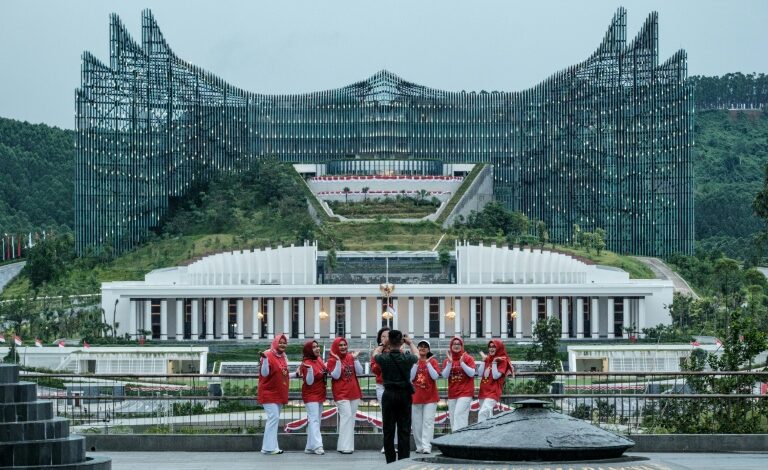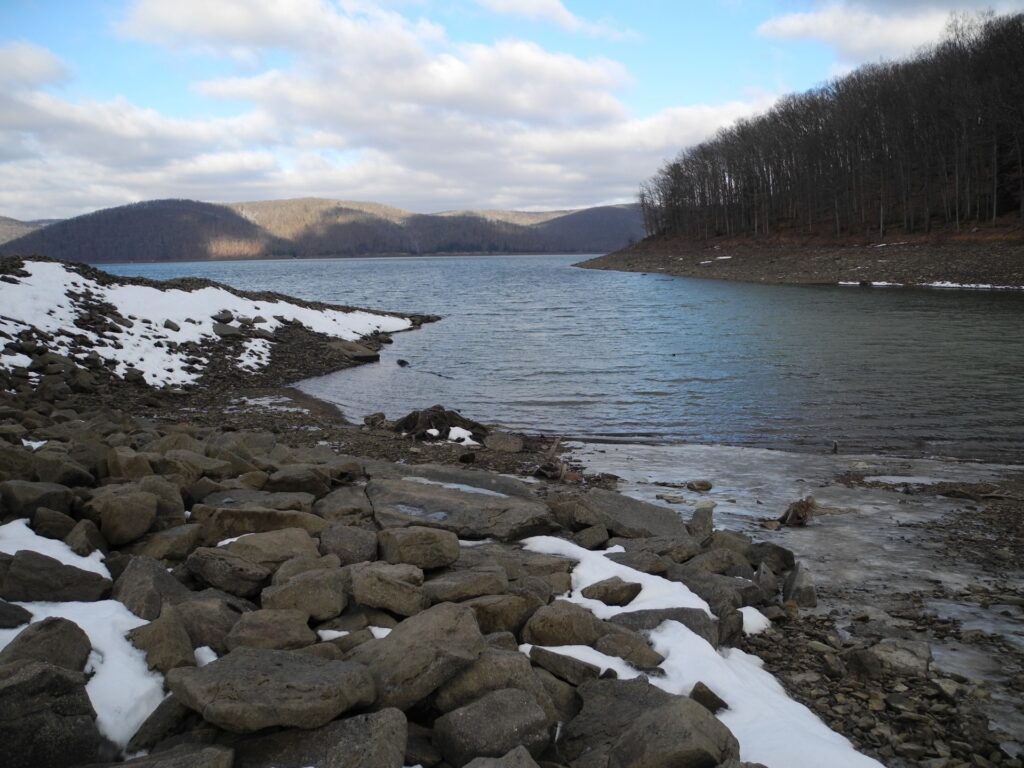Indonesia’s New Capital Faces Urgent Crisis Amid Funding Cuts

UPDATE: Indonesia’s ambitious new capital, Nusantara, is at risk of becoming a costly “white elephant” amid significant funding cuts and stalled construction. Just a year post-inauguration, the city designed to alleviate pressure from Jakarta now faces a critical juncture as new President Prabowo Subianto shifts focus away from the project.
As of today, construction progress is alarmingly slow. Only 800 hectares of the planned 6,600 hectares have been developed, far short of the goal to house two million residents by 2045. Officials report that funding has been slashed from 43.4 trillion rupiah (approximately $2.66 billion) for 2024 to a mere 6.3 trillion rupiah for 2026. This drastic reduction raises serious doubts about the city’s future.
“Political will on IKN right now feels muted,” warned Dedi Dinarto from Global Counsel. With President Prabowo’s focus on welfare programs instead, Nusantara’s development may stall indefinitely. An official closely involved with the project expressed skepticism, stating, “I’m still 50-50 on it being finished,” amid concerns that critical infrastructure will remain incomplete.
Under the previous administration of Joko Widodo, the capital move gained momentum; however, the current leadership seems less committed. In his first state of the nation address, President Prabowo mentioned Nusantara only once, indicating a lack of priority for the project.
Currently, only a few hundred government employees reside in the new capital, a stark contrast to Jakarta’s 12 million residents. The head of the city authority, Basuki Hadimuljono, remains optimistic, claiming that projects in the core government area are “97-98 percent” complete. He aims to relocate government functions by 2028, pending completion of key legislative and judicial areas.
Despite some government workers expressing doubts about relocating to an unfinished city, others like Helena, a city employee, remain hopeful. “The facilities we get are more than enough,” she stated, emphasizing the importance of being part of the country’s future.
Tourism has picked up, with visitors appreciating the striking presidential palace, modeled after the mythical Garuda bird. Yet, local businesses struggle with a significant drop in income. Snack vendor Abduh Rajab lamented a 60 percent decline in earnings compared to the bustling activity during Jokowi’s term.
The long-term viability of Nusantara is now in jeopardy as President Prabowo sets his sights on social initiatives rather than swift urban development. “Without strong momentum, it risks drifting into white elephant territory,” noted Dedi Dinarto. As the nation watches closely, the future of Nusantara hangs in the balance, raising urgent questions about Indonesia’s next steps.
As developments unfold, stakeholders are left to ponder whether this grand vision will materialize or fade into obscurity. The world is keenly observing Indonesia’s journey to redefine its capital, and the next crucial decisions lie ahead.






